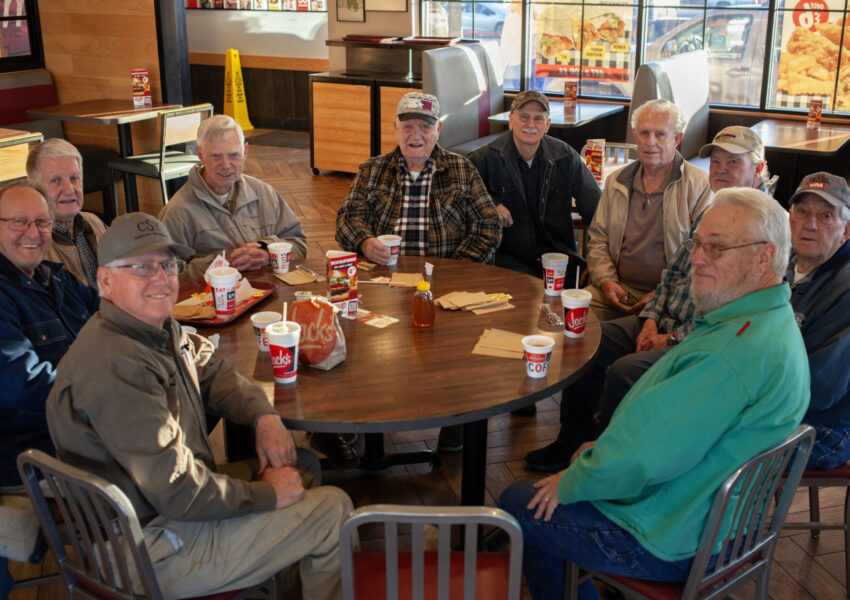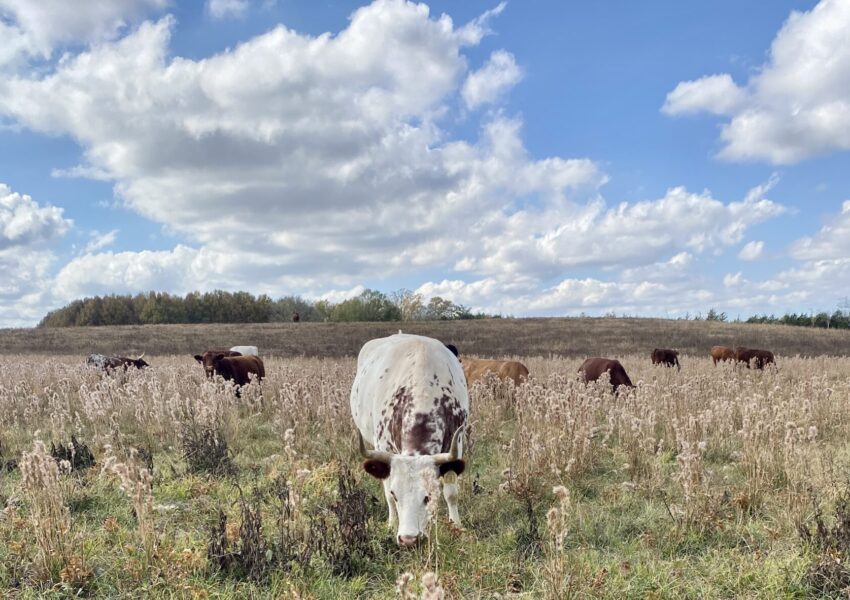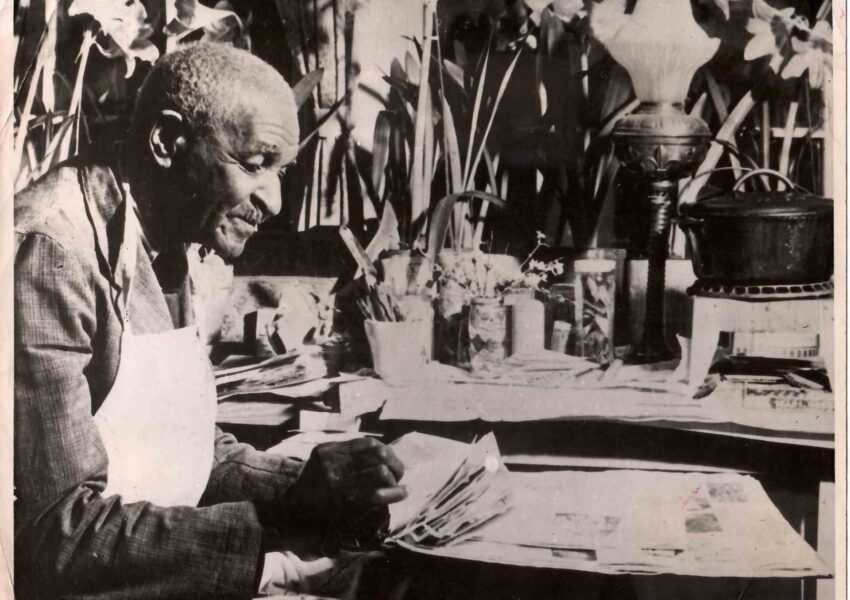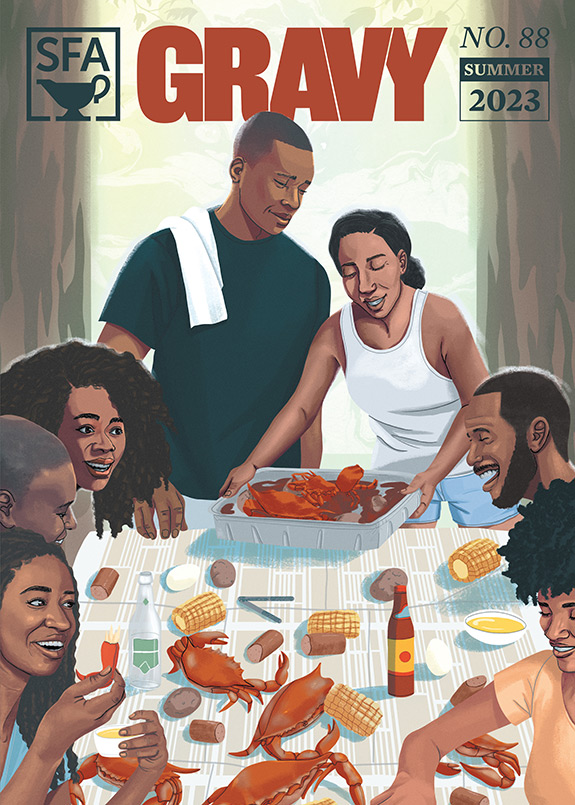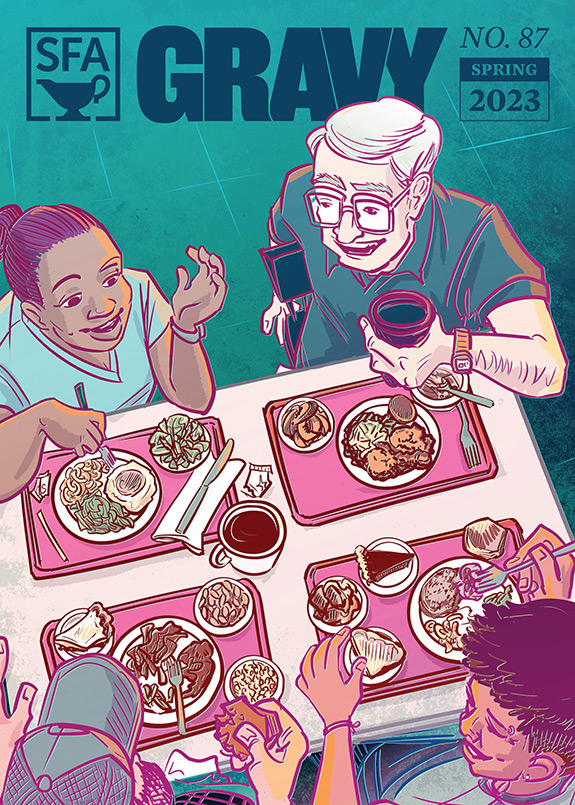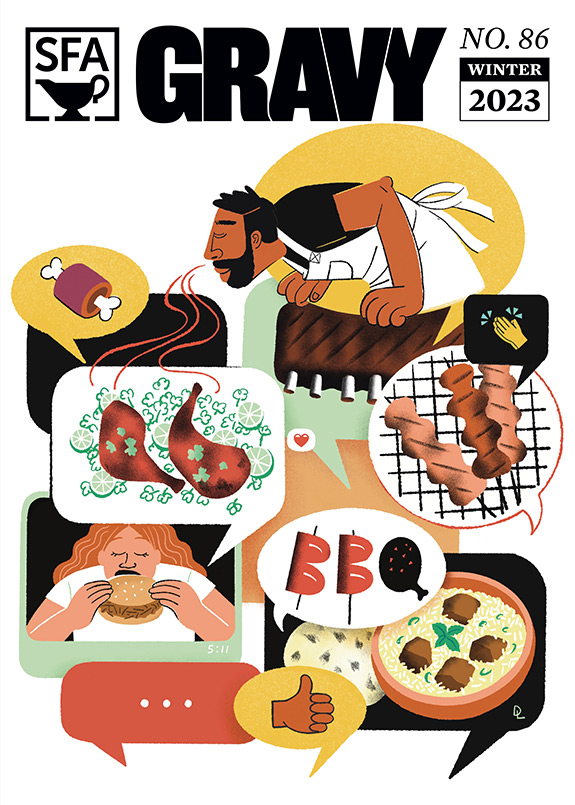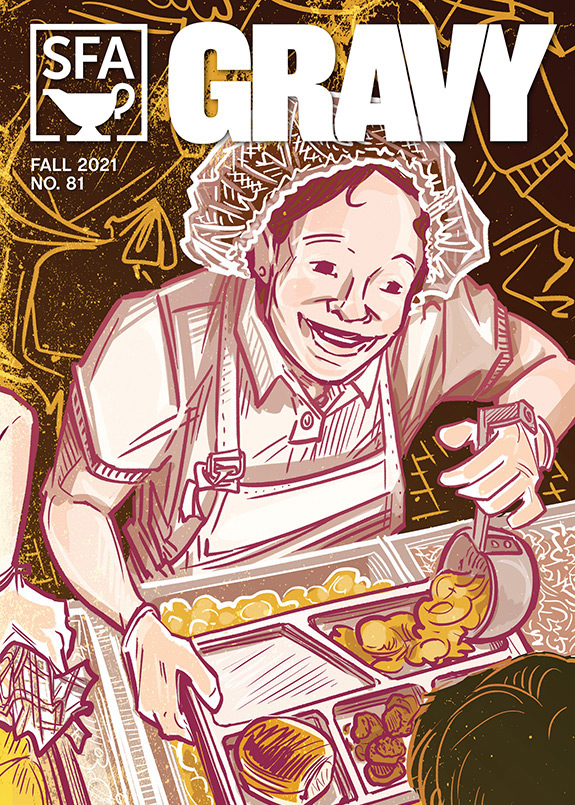The home of Civil Rights leaders like John Lewis and Martin Luther King, Jr., Atlanta has a remarkably storied Black history. It’s birthed the musical careers of legends like Andre 3000, Usher, and Gladys Knight. And recently, it made political history when the state—largely due to Black voters—flipped blue for the first time in nearly 30 years, impacting one of the most consequential elections in modern history. The state’s role in Black culture and identity extends internationally, too. Atlanta has become a popular city of choice for immigrants who’ve arrived in the U.S. In 2018, 1.1 million immigrants made 10 percent of the state’s population. In 2000, nearly 5,500 Ethiopians called Atlanta home. Today, that number has more than doubled, making Atlanta home to one of the country’s largest Ethiopian communities. Immigrants brought their families, their traditions, and their food.
The restaurant landscape is just one window into international Atlanta, but it is extremely important. It signals that new communities are working to carve out space, create opportunity, and share the best parts of their homeplaces with fellow Atlantans. Reporter Kayla Stewart shares the story of Atlanta’s Ethiopian community with visits to three restaurants—Piassa Restaurant and Market, Ledet, and Desta Ethiopian Kitchen. All three places serve traditional Ethiopian food to their customers, and Desta Ethiopian Kitchen has modified their menu in a way that accommodates Ethiopian and American influences. In a classroom, their technique is called global assemblage. In the restaurant, it’s called hospitality.


Kayla Stewart is a freelance writer and new Gravy podcast reporter who will consider herself a Houstonian no matter where she lives (she lives in Harlem). In normal times, she can be found reading, running, or traveling, often playing Sudoku on a plane or train. This year, she can be found rereading her favorite books, biking, looking at any and all food photos on the internet, and scrolling through Wikipedia to see what’s true or not on The Crown. She hosts conversations on Black Food Folks, and her writing can be found in Eater, The New York Times, and Grub Street.
Photo at top: Hiwot Worege, her son Yonatan Worege, and her two daughters.


